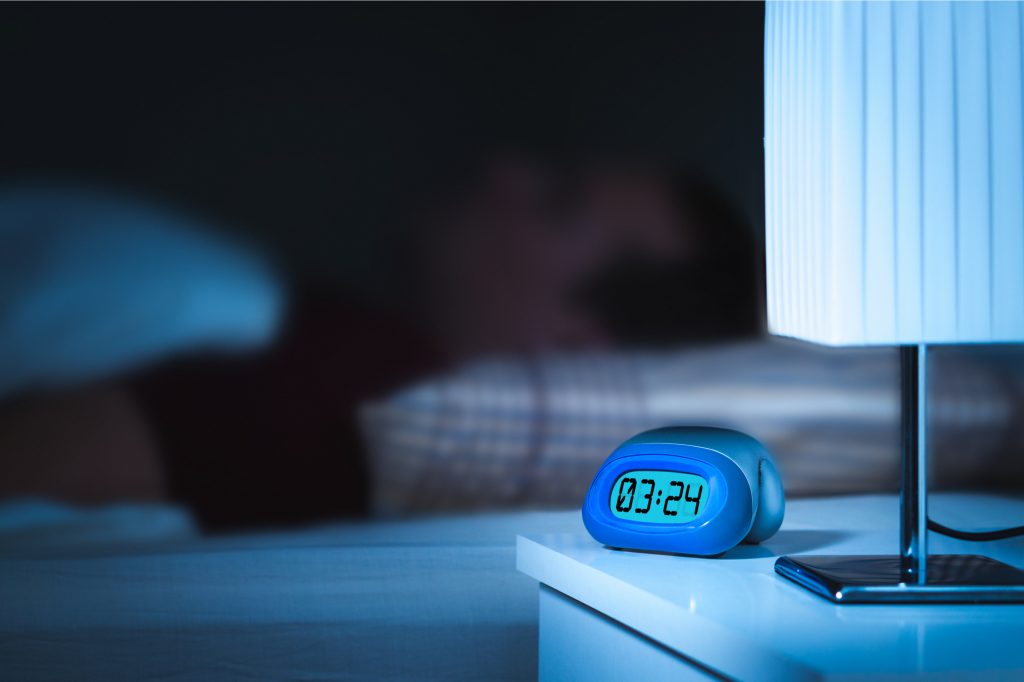This study is ongoing.
Professor Emma Duncan and collaborators from Australia are leading this study.
The COVID-19 pandemic affected sleep for many people, whether or not they were infected. Long-lasting symptoms after COVID-19, known as long COVID or post-COVID syndrome (PCS), often include fatigue, but it’s unclear how this links to sleep problems. Most past studies didn’t include people who hadn’t had COVID-19, making it hard to tell if sleep issues were related to the virus or not.
IOver 3,800 CSS Biobank participants completed questionnaires on sleep, fatigue, and mental health. About half had previously tested positive for COVID-19. The results showed that people with longer-lasting symptoms (regardless of infection) had worse sleep and more fatigue. Having had COVID-19 itself didn’t directly affect sleep, but those who had been infected were more likely to feel fatigued even a year later.
Poor sleep, fatigue, and long-lasting symptoms were also linked to higher levels of anxiety and depression. Other factors like age, existing health conditions, and higher body weight also worsened sleep quality.
In summary, poor sleep is linked to long-term symptoms like fatigue, even in people who didn’t have COVID-19. Treatments that improve sleep could help people struggling with ongoing tiredness after the pandemic.
The research team is analysing the follow up sleep questionnaire to see if sleep quality changed over time.

Proctor, S., Cheetham, N. J., Brown, J. R. B., Bowyer, V., Toson, B., Harvey, N. R., Leschziner, G., Joseph, D., Hammers, A., Sudre, C. H., Steves, C. J., Mukherjee, S., & Duncan, E. L. (2025). Pandemic-disordered sleep: longer illness, more fatigue, but little SARS-CoV-2 effect. ERJ Open Research, 00975–02024.
Links to publications
